An enormous metallic bull stands, ringed by a reverent crowd of performers toting shards of light. It's summer 2022, and I’m lakeside in Finland, scrolling posts from Brummies celebrating the spectacle of the opening ceremony of the Commonwealth Games. It’s supposed to be a “golden decade” for the city, and maybe it is — my phone pings, it’s a friend back home telling me I’m missing out. There seems to be something in the air: could it be –? Is it –? A sense of civic pride?
The slogan the city council had struck upon for the Games was "Be Bold, Be Birmingham." On its website, the council explains how the city is overcoming its bad reputation. "In the past, Birmingham has had to put up with negative connotations, stereotypes and being classed as the 'second city'. Now it is time for this to stop." They go on to assert that they are not the second city: "We are a pioneering city of firsts". For this reason, they plan to celebrate this city's story with the world.
Stirring stuff — rather less so a year after the fact, when the council is in dire financial straits and a former adviser to BCC has acknowledged the Games was a mistake, dubbing the event a "challenge too far" for a council with so many problems to solve.
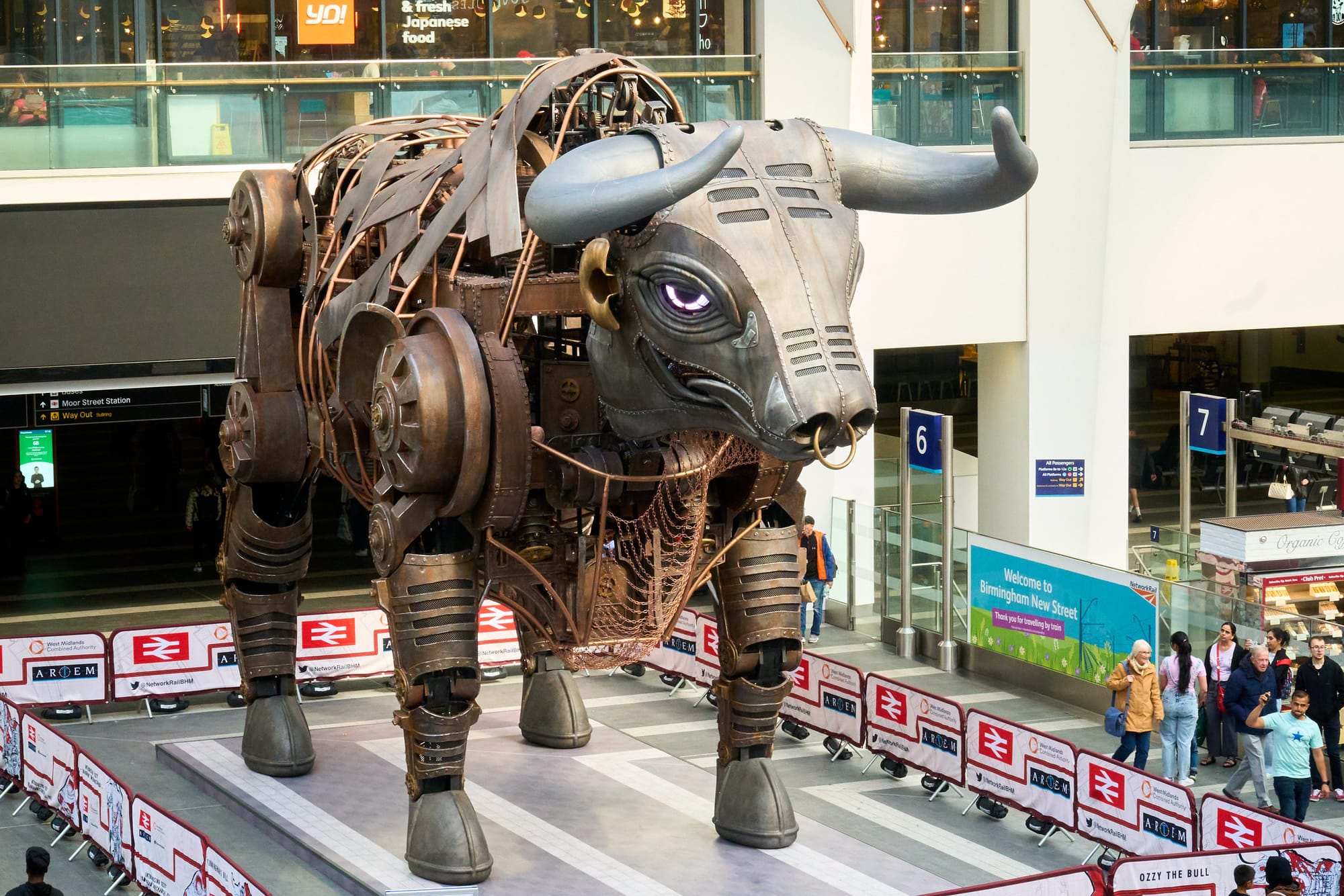
The Commonwealth Games may not have been the right solution to their financial issues, but the city council did strike on something true with their slogan. After all — Birmingham has plenty to shout about, especially when it comes to culture. Legendary dance party House of God has been running for three decades to international acclaim, but you wouldn’t know it from the local press and leaders certainly aren’t shouting about it. No lesser writer than Charles Dickens gave his first public reading (of A Christmas Carol) at the Birmingham Town Hall in 1853. But there is no annual event to mark this occasion, although it seems like an obvious festive attraction to draw in the crowds.
In the post-war era, the city became “one of the leaders of architectural innovation”, according to Mary Keating, co-founder of the Brutiful Action Group. But the old library and the Bull Ring were bulldozed, with the Ringway Centre earmarked for demolition next, despite being considered a brutalist masterpiece. These buildings are controversial, but perhaps that’s precisely because they haven’t been celebrated by our own? Instead they are seen as a source of shame by planning committees which routinely vote to get rid of them, much to the dismay of enthusiasts and environmentalists alike.
Funny, really. If any of the above had happened in Manchester, everyone from here to Kentucky would never hear the last of it. Perhaps you’ll assume that’s because the northern city has a genius for self-promotion that we don’t share. As Chelmsley Wood-born writer Lynsey Hanley has written: “Asking a Brummie to say something nice about their city is like asking them to say something nice about themselves: we just can’t do it.” Perhaps, like Tolkien’s hobbits, we’re inward-looking, mistrustful of grand narratives and a bit sceptical of anyone who bigs themselves up too much.

These aren’t inherently negative qualities — who really enjoys spending time with someone who can’t stop boasting? But they don’t seem to have helped national perceptions of this city much. From the outside looking in, less ambivalent and more steadfastly negative perceptions of ‘the second city’ seem to have caught on. If memes are anything to go by — and they are, I will die on this hill — Birmingham has an image problem of huge proportions.
Take one from the Instagram account @british_gcse for example, which shows two columns, one headed by the stars and stripes flag on the left and on the right a Union Jack. Commonly used words are given their transatlantic translation side-by-side. Fries are chips; airplane is aeroplane; subway is underground; and the sucker-punch line at the end: junkyard is Birmingham. This @BritishMemesuk is similar:

Instagram account Bham Updates recently asked freshers in a bar smoking area about their first impressions of the city. Responses included: “It’s a fucking shithole”, “better than Stoke”, “chaos” and “like a fever dream”. Another student TikTok shows a young woman looking pissed off with the following text overlayed: “When you come to Brum for uni cos you thought it would be fun but it’s dead, ghetto and dirty with homeless people and rats everywhere.” Perceptions of Birmingham as a violent place are also common, and often laced with appallingly racist stereotypes of the city’s large black and Asian populations.
But it hasn’t always been this way. Both the unassuming nature of Brummies and negative outside views are relatively recent phenomena, says local historian Professor Carl Chinn. “I think the Midlands does tend to be more self-effacing,” he tells me over the phone. “I'm not sure why it is; it’s a trait that we’ve got that I don't think we were necessarily facing in the late 19th and early 20th centuries.”
This was the period when Birmingham was known as the workshop of the world. After the English Civil War period, many small-scale craftsmen popped up making metal goods like buckles and buttons. There were no canals, railways, or proper roads and this was right in the middle of the country so it was essential for products to be small. By the industrial revolution, all manner of goods like pens, screws, bolts, guns, jewellery, toys, railway carriages and cocoa were produced here and sold throughout the British Empire.
At the same time, great leaps of progress were made to improve conditions for Birmingham’s poor, spearheaded by industrialist and mayor Joseph Chamberlain. He picked up the Civic Gospel of nonconformist preacher George Dawson who declared, at the 1866 opening of Birmingham’s first library, that the council was morally responsible for the welfare of the town’s residents.
What followed was an innovative council takeover of privately-owned gas and water supplies which saw profits reinvested into the town — a departure from the widespread laissez-fare principles typical of 19th-century governance. Controversial slum clearances were orchestrated which led to the creation of Cooperation Street, a Parisian-style boulevard. Public amenities sprang up: parks, water pumps, schools, markets and baths became available. All of this led to American journalist Julian Ralph writing in Harper’s magazine in the 1890s that Birmingham was “the best governed city in the world”.

Speaking about the 20th century, Nuneaton-born noir novelist Natalie Marlow told me: “My theory is we’ve been quietly getting on with stuff for a very long time.” She describes growing up in a single income household where her dad was able to support her and her mom comfortably on his wage from the Jaguar car factory in Coventry. She thinks a lot of working class Midlanders in the 50s, 60s and 70s, at the height of full employment, particularly in Birmingham and Coventry “were doing alright” and suggests this precluded the region from siding too much with the hardy northerner stereotype.
“The north of our imagination is the England of the British working class, it’s Coronation Street, it’s Yorkshiremen with flat caps and whippets,” she explains, “it’s ‘grim up north’ and ‘t’mill’.
In her view, the north is the place where we centre a kind of romanticised version of the English working class, whereas the south, specifically London and the Home Counties, is the cultural imagination of our middle class or how our middle class wants itself to be seen.
She tells me she’s thinking about “how we sell ourselves to the world in that kind of Richard Curtis Four Weddings and a Funeral style way”. It gives the impression that we’re all going to country houses for the weekend. “Everybody’s terribly nice and not very in touch with our feelings. But there's no kind of sense of the Midlands in those geographies of the imagination.”
The turning point for both Marlow and Chinn is the late 70s onward. “I don't think there's been a lack of pride in the past,” Professor Chinn says. He thinks the key was the decline of manufacturing in the 1980s and 90s. Birmingham went from being a high wage, low unemployment city in 1979 to the inverse under Thatcher. After that, more manufacturing jobs were lost under Blair. “I think that's had an effect on the confidence of the people,” he said.
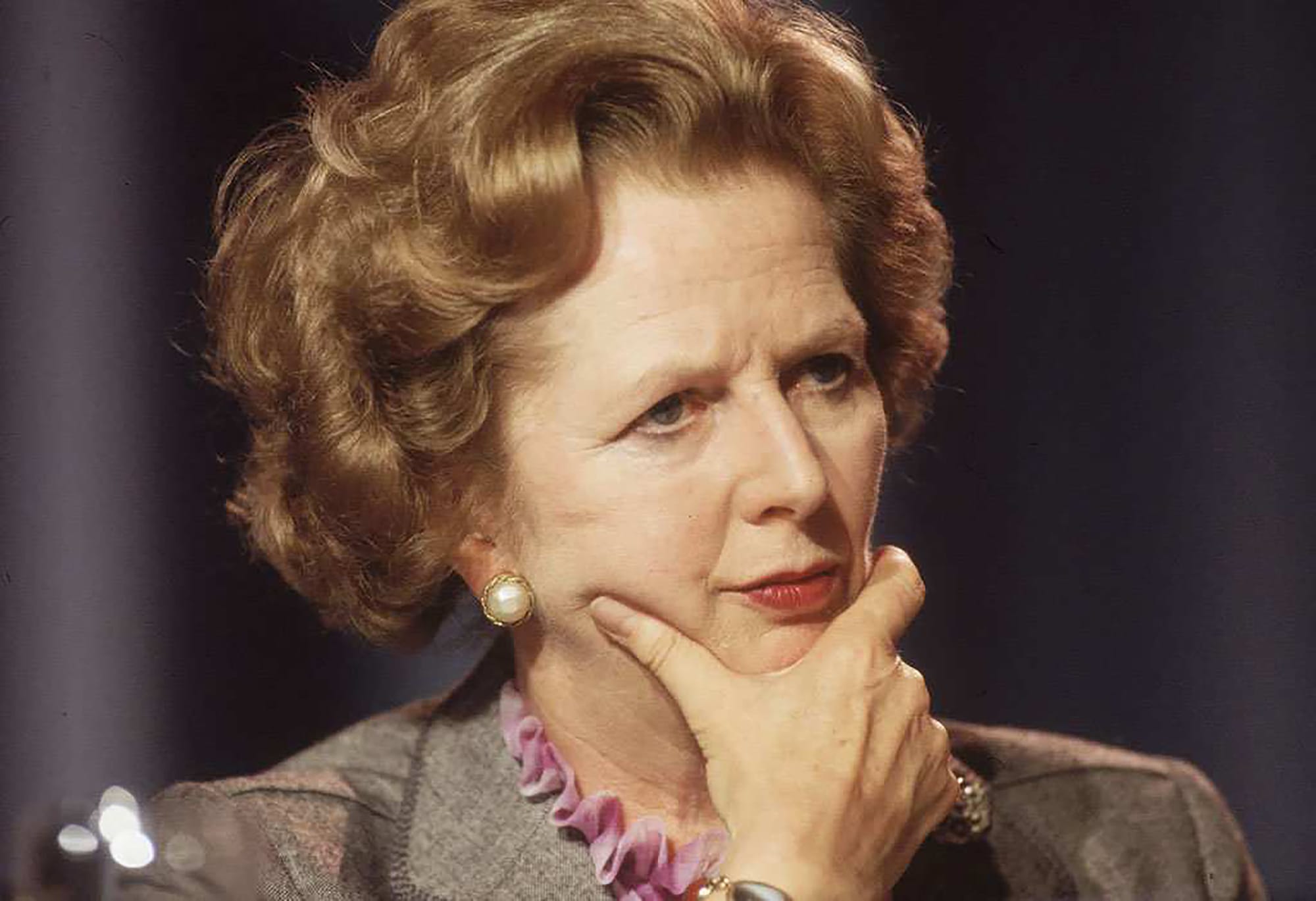
The shame brought on by industrial decline is something Birmingham’s leadership seems very keen to overcome. But Lynsey Hanley, writing in Tribune magazine in 2021, has criticised the city for being focused on the wrong things. She sees the preference for prestige building projects and hosting glamorous sports events as an attempt to bolster Birmingham’s reputation. She argues rebuilding the library at huge cost, for example, and bidding to host the Commonwealth Games, betray a lack of confidence. It’s as though we need to prove the city isn’t as bad as people say it is. In her eyes, the City Council should focus on foundational economics and growing local wealth. We should be spending money on things residents need like housing, education, and public transport.
Birmingham is a poor city. A shocking 42% of its residents are living in poverty. It’s easy to see how relieving people of the degradation of poverty would improve their sense of pride. Indeed, the West Midlands Police and Crime Commissioner has noted the rise in crime associated with a rise in the cost of living. Desperate people are more likely to enter into organised crime, sex work, and commit car theft. Gang culture proliferates where deprivation is allowed to set in. All things which contribute to criticism of the city.
But this idea that Brummies are not proud of their city might be less coherent when you break down the population into different groups. Professor Chinn said: “I think there's a disconnect. People say, ‘Oh, Brummies aren’t as proud as Liverpudlians’, well I'm from a Birmingham working-class family, I was brought up to be proud in Birmingham, and all the working class Brummies I know are proud, whether they're from a white, African Caribbean, or South Asian background. They're all very proud.”
He explains that while Manchester, Liverpool, and Salford are “overwhelmingly working class”, Birmingham has always had a large middle-class population. He says in the late 19th and early 20th Centuries there were lots of very proud Birmingham middle-class families involved in manufacturing, but these have declined in number. He thinks the city has since drawn in more professional middle classes from outside of the city, via the universities, who don’t have the same bond with the working class.
Professor Chinn’s words instantly made me think of an example of unapologetic Brummie pride: local rapper-made-big MIST. A nationally celebrated artist, recipient of a MOBO award and presenter of a show on BBC3, MIST has enjoyed huge success since growing up as Rhys Sylvester in Erdington.
MIST’s illustration of Birmingham is dignified. Speaking to Mike Skinner in a Vice documentary about Birmingham rap five years ago, he laughed: “I feel like being a Brummie, you’re proud, cause we’ve had so much dissing and whatnot. We’re proud. We move very proud.” It encapsulates a sort of humorous, slightly underdog attitude. It’s as if to say: here, we are proud but we don’t take ourselves too seriously.
As I was writing this, a single from his debut album was released. Titled simply ‘Birmingham’, the video opens with a mock-up voiceover of a news report about eight stabbings in the city centre. MIST raps: “In Birmingham I’ve seen man get taken with a ‘chete”. But the film contrasts this harsh reality with shots of down-to-earth landmarks and the warmth of everyday life. MIST and his crew buy fresh fish, egg baps, and veg at the Bullring market from friendly stall owners. The rapper walks around Erdington and eats from large trays of home-style Caribbean cooking. He is surrounded by kids in the city centre, who ecstatically sing along to the legendary B-15 Project sample: “Mash it up, mash it up the Birmingham Crew”.
It’s a great example of the kind of understated pride which exists here. MIST has made it big, made millions, and chosen to stay in the city so many outsiders ridicule. And not only that but he’s shouting about Birmingham in his music, about the real Birmingham, not the version that’s desperately trotted out for the cameras every time we host a big event. It’s the version that’s too often hastily shoved under the rug lest we be embarrassed in front of our international visitors. There’s no way around it, being a Brummie and shouting about how great your city is isn’t something that comes naturally. But we should all take a leaf out of MIST’s book. Birmingham might be a diamond in the dirt, but it’s our diamond. Let’s cherish it.
To get great writing about the West Midlands in your inbox every day, join our free mailing list.


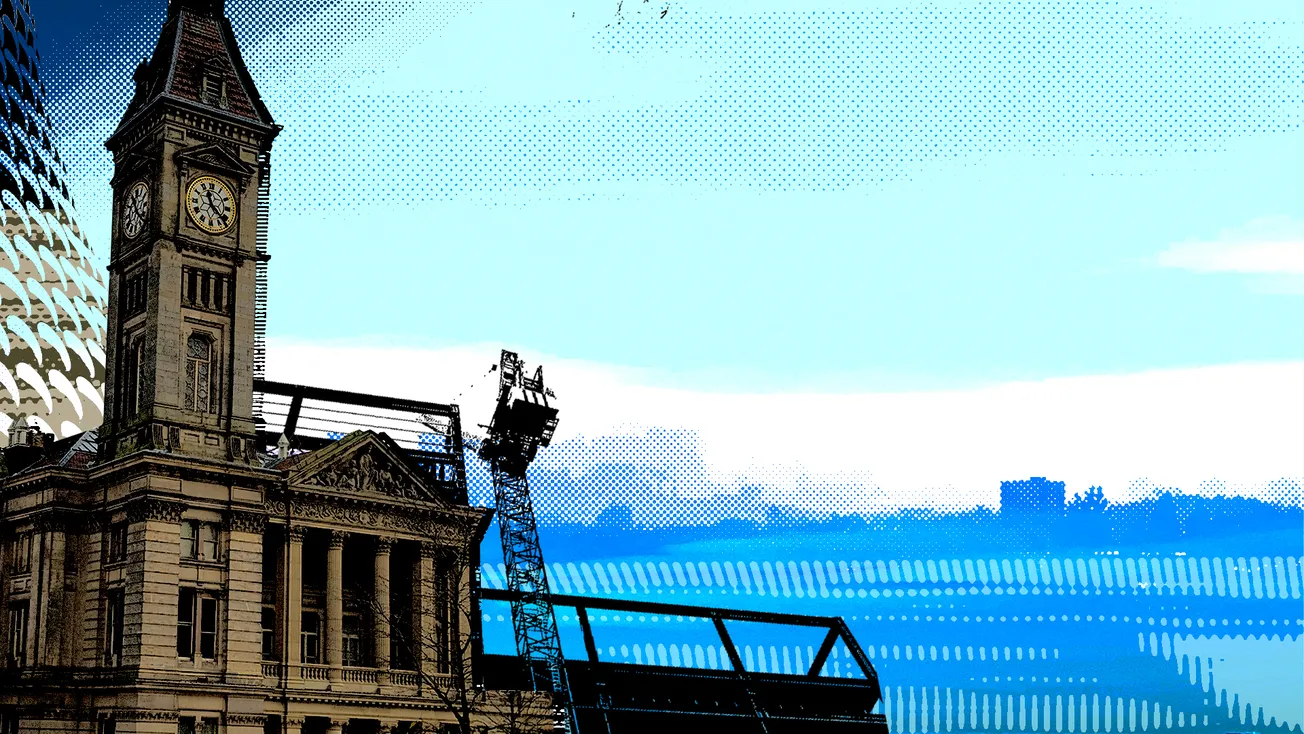


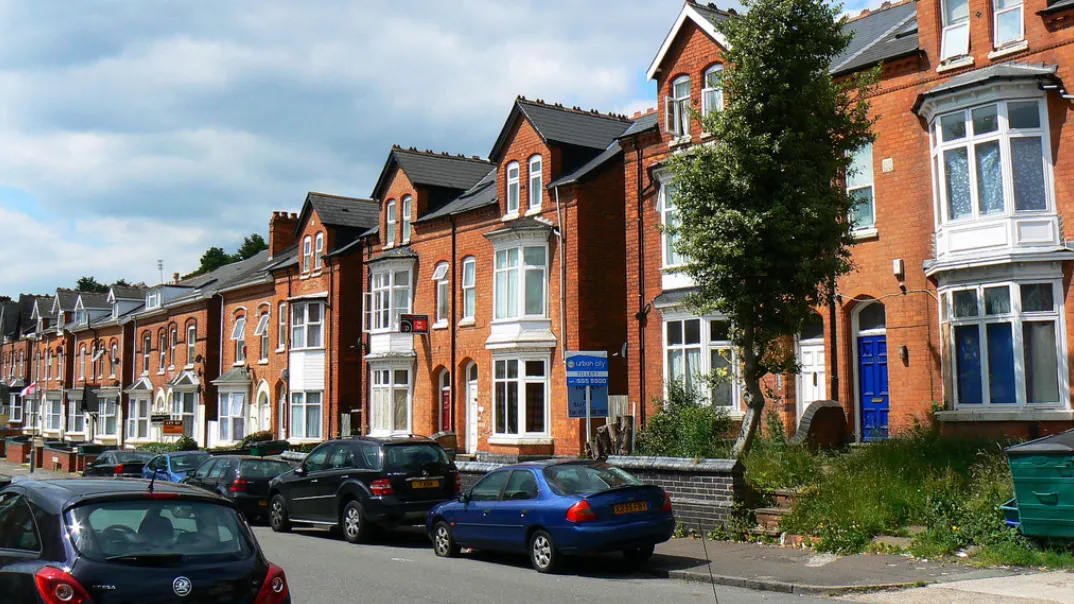
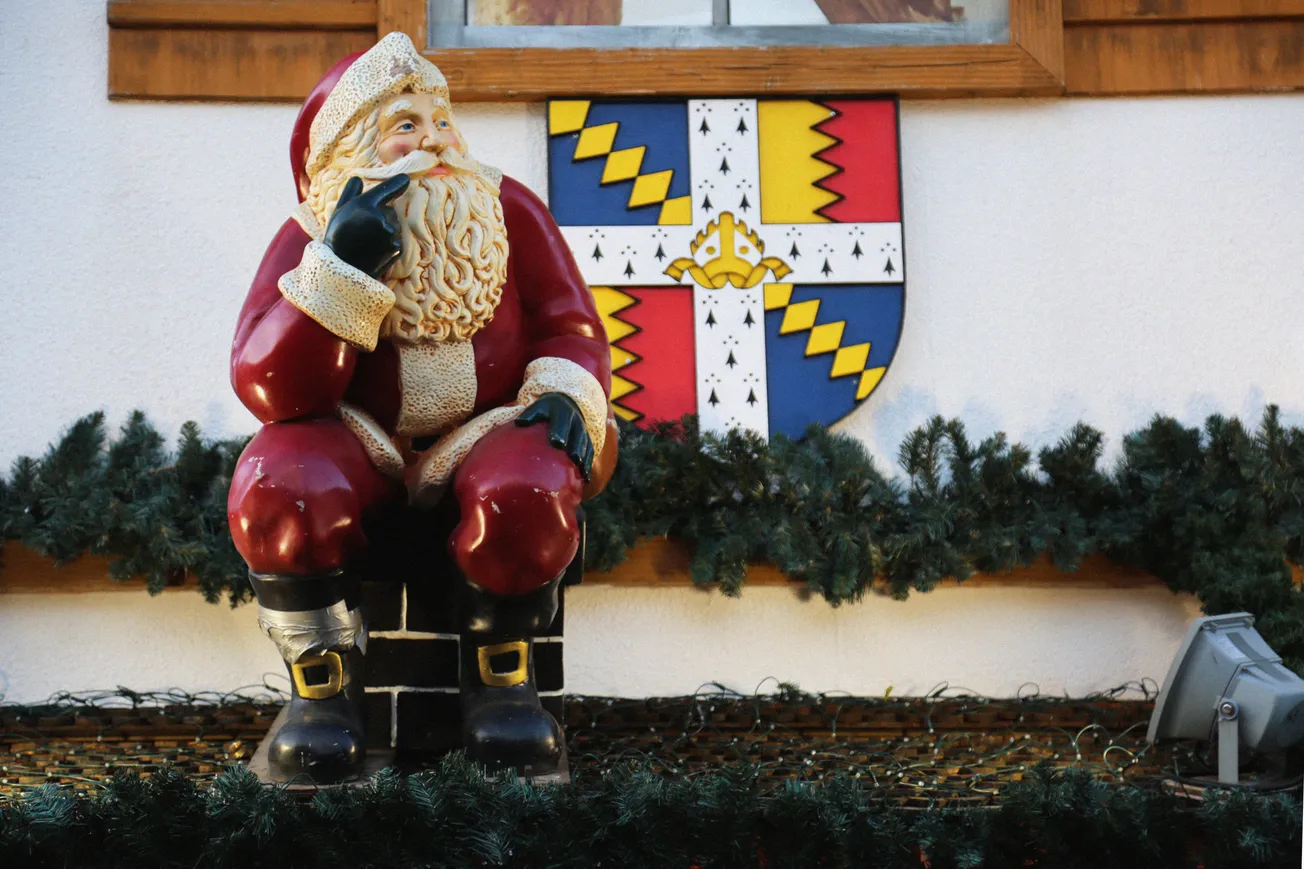

Comments